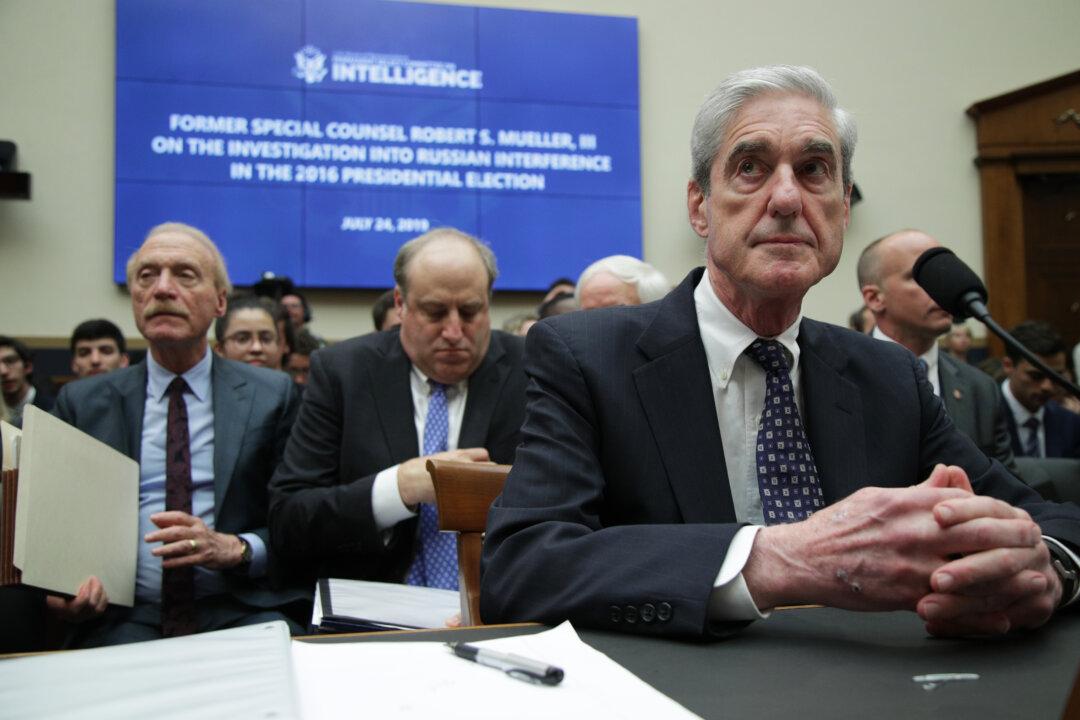Prosecutors have dropped the case against a company that allegedly funded a Russian troll farm that meddled in the 2016 presidential election.
The Russian company, Concord Management and Consulting, had no intention of actually standing trial and facing prosecution, and was instead milking the U.S. government for documents related to the case, attempting to get the case dismissed, and trying “generally to impugn” the government, prosecutors argued in a March 16 motion.





